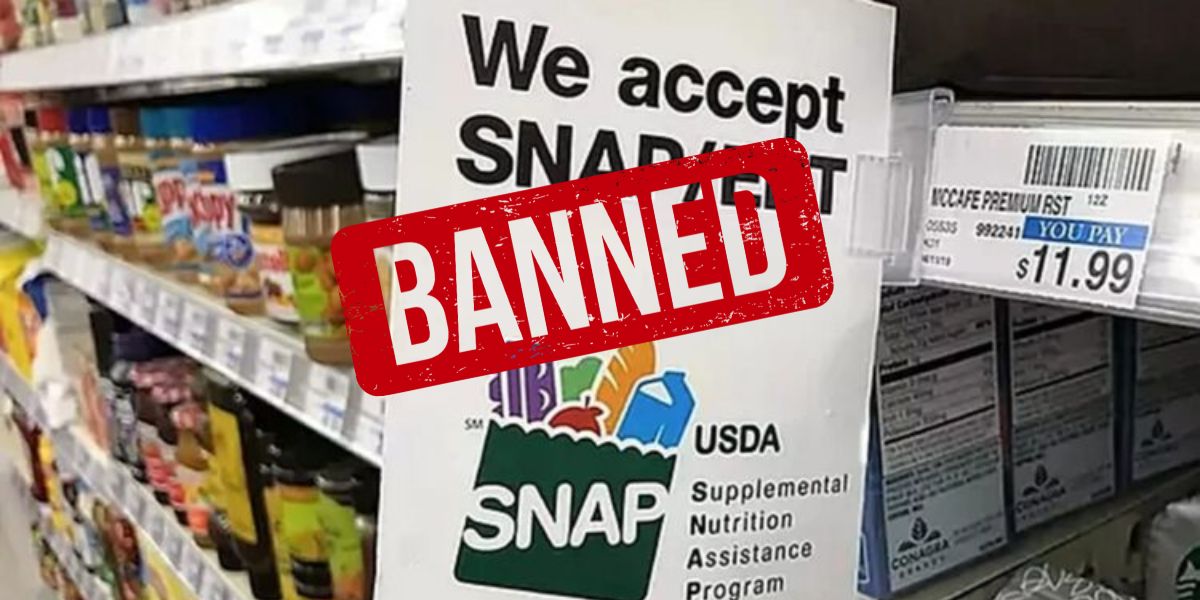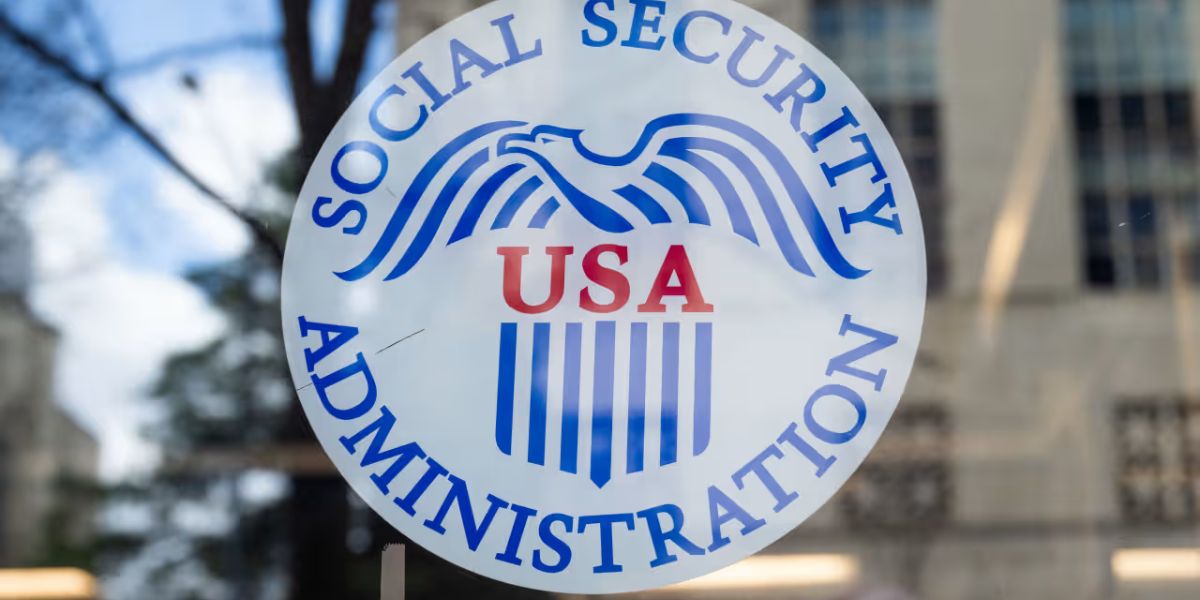It’s crucial that you pay attention if you use SNAP benefits to purchase food in the US since some states have already started implementing new regulations that will alter the kinds of goods you can purchase and the conditions you must meet to keep your benefits.
The new regulations, which are being spearheaded by states like Arkansas, Indiana, and Idaho, are expected to upend the foundations of one of the nation’s biggest aid programs.
Will you be impacted? To ensure you are not left out, we provide you with all the information you want here.
What goods will you be unable to purchase using SNAP going forward?
Some foods that have generated controversy are the first significant alteration. The following products are among those that Arkansas, Indiana, and Idaho have asked the federal government to prohibit from being purchased using SNAP benefits because they are deemed unhealthy:
- Sodas with added sugar.
- Sweets and candy.
- “Light” or “zero” calorie drinks that are unhealthy even if they don’t include sugar.
Although the obesity rate in our nation is rising annually and some states have said enough, the idea behind this measure is to encourage healthier eating and lower the prevalence of diseases like diabetes and obesity that are linked to sugar consumption.
However, is it a health-related measure or a product of the most outmoded classism?
If the grocer will still carry cold soda and sweets, what good is it to forbid SNAP recipients from indulging in them whenever they feel like it?
Since they wish to restrict the consumption of specific foods to a subset of the population rather than the entire population, many believe that it is actually a classist legislation that limits the freedom that SNAP vouchers provide.
Additionally, it almost feels like we are placing a bracelet on the individuals who receive the check, holding them accountable for their circumstances, or essentially telling them that they are incapable of eating.
Items that might be added to the permitted list
The most odd is that the same states that want to limit sugar also want to allow the purchase of previously forbidden prepared foods, such as supermarket rotisserie chickens (the ones that are ready to eat).
In other words, they want to totally rearrange the product list in an effort to promote more wholesome and useful meals for SNAP recipients.
New labor standards to preserve benefits
However, the grocery list is not the only difference. Additionally, SNAP recipients now have additional employment requirements, particularly in areas like Indiana. Now, in order to keep your advantages, you have to:
- Prove that you are actively seeking employment; simply saying so is insufficient.
- Participate in training courses and adhere to attendance requirements.
- If you are between the ages of 18 and 54 and do not have dependents or children, you should work at least 80 hours per month.
Read Also: Refund Boost of $3,200 Coming for Retirees in Texas – Schedule Released
You risk losing your SNAP payment if you don’t fulfill these standards.
Is this a fresh change?
Not totally. A comparable law already existed at the federal level, but some states are now enforcing it more rigorously and with fewer exceptions.
Read Also: IRS Issues Urgent Warning: File This Form or Face a Penalty
What issues might arise from this new rule?
It will be difficult to implement these limits because it can be confusing for both consumers and supermarkets to determine which products are on or off the SNAP lists.
For instance:
- One state may forbid a sugar-free drink while another permits it.
- Certain meals could be unclear and raise questions when it comes time to pay.
Additionally, manufacturers have already begun to voice their opposition, claiming that these regulations unfairly target particular items and are discriminatory.
Indeed, encouraging healthy behaviors is far simpler than outright banning the purchase of particular goods, particularly because, as we previously stated, it appears that classism is the root of the problem.
What if discounts were provided for purchasing fruits and vegetables rather than outlawing highly processed foods?
Millions of SNAP recipients will need to adjust to the new employment requirements and dietary restrictions in order to keep their assistance. These changes are crucial for people who are able to survive because of SNAP.



